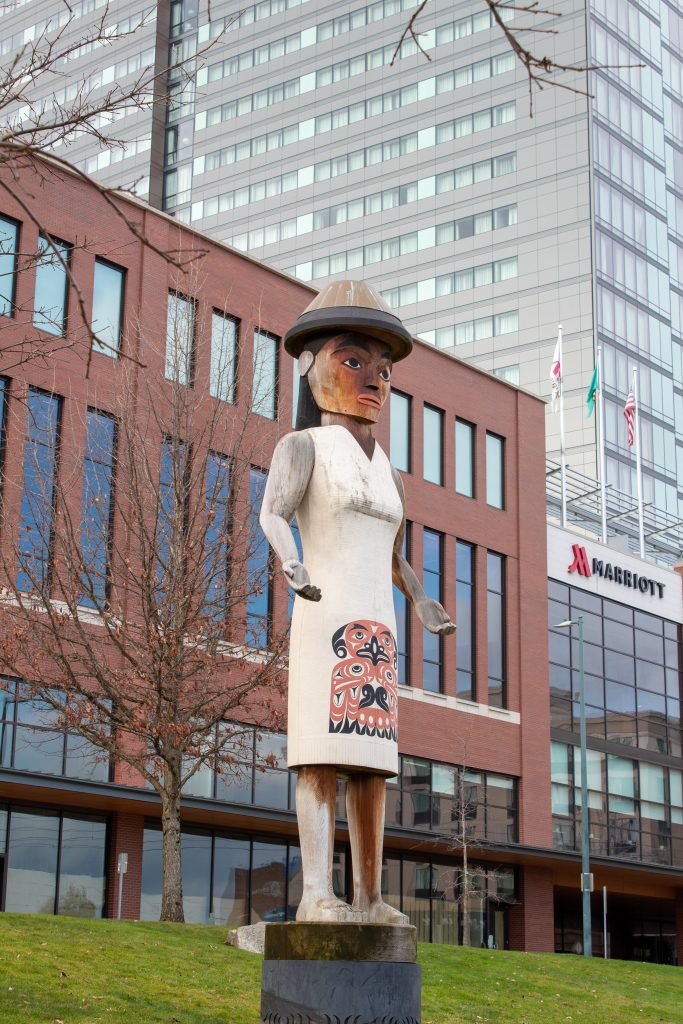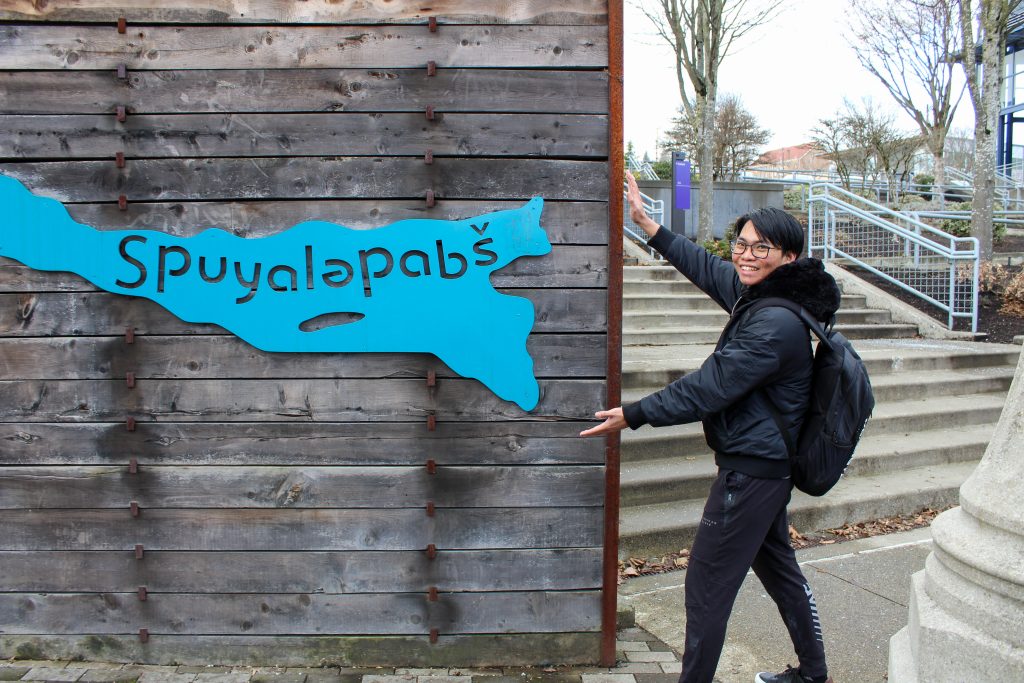The importance of Indigenous history and representation
Why the U.S. education system should be including Indigenous history, culture and teachings.

Most people know by now that the current-day United States was stolen from Indigenous people after explorations revealed the lands to European explorers. This sparked centuries of genocide and cultural oppression of Native Americans. With this in mind, have you ever thought about what you really know about Native Americans and our culture? Or what Native American culture and education looks like?
As an Indigenous person, I’ve noticed that very few schools within our education system teach an in-depth history of the Native American, our culture and history. While my experience was still certainly more inclusive than others, I still remember the lesson on Native Americans being very short and even a bit inaccurate. It felt a bit awkward at times and I was never really sure what to say.
Higher education, having more funds than public education, has broadened the representation and information taught in the classroom. I mean the University of Washington Tacoma has a minor specifically focusing on Native American history and culture. However, this is just the tip of the iceberg when it comes to the incorporation of Native American history within education.
The University of Washington Tacoma has been a major part of Indigenous representation. We not only have staff dedicated to Native American involvement, education and support, but also an organized club and space for students to meet and learn outside of the classroom. I want to recognize and stress that this is not a universal thing and is huge in including Native American history, culture and teachings in the U.S. education system.
Native American history and culture is very complex, but important to the future of the United States. Indian federal law, literature, song and dance, and environmentalism practices, are all vital to an array of things. That being said, there is a lot to know and learn about Indigenous history and culture.
Dr. Danica Miller, a professor here at the Universisity of Washington Tacoma says, “All people living in the now United States should have a firm understanding of settler colonialism, the genocide of Native peoples, and framework of American Indian sovereignty.”
But why is this specific aspect important?
Not only is the history of the genocide and oppression of the American Indians important, it should also be a required curriculum taught in school.
In a perfect world Dr. Miller says “those histories must be taught with the permissions and relationships of local tribal communities firmly in place.”
After all, who knows our history and culture better than us? This could look a number of ways if implemented in schools.
But some don’t agree with this, why? I think that if Germany is able to recognize their role in the Holocaust, then it is completely reasonable for the United States to be educated on the genocide of Native Americans. Countless languages, traditions, and entire tribal nations were wiped out over the last few centuries. This is a fact, and it’s time to recognize this. Education is just the first step.




